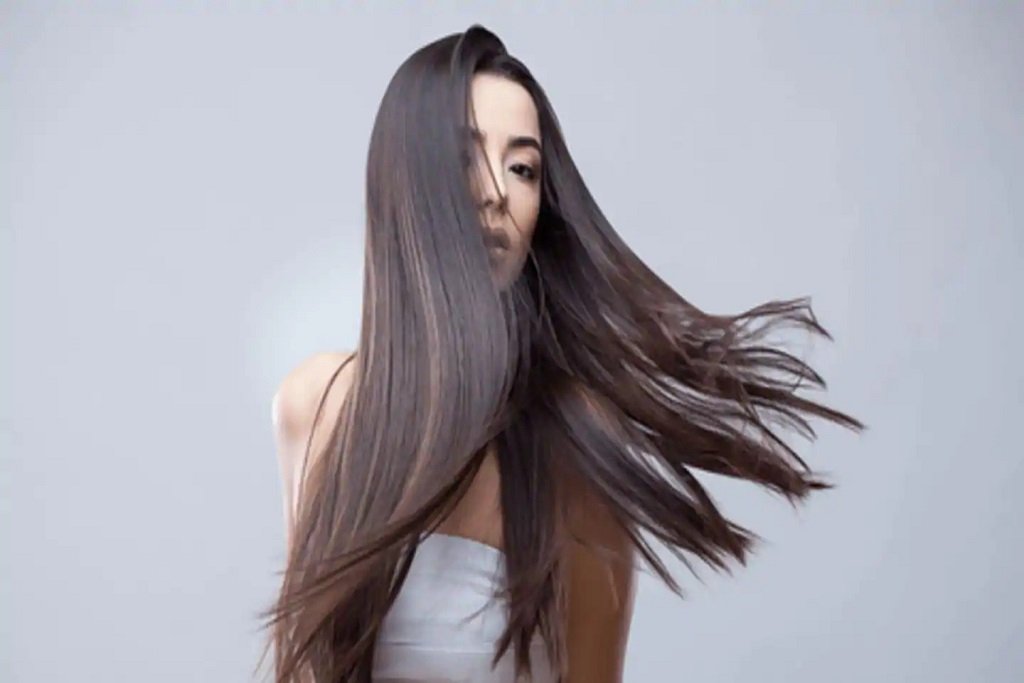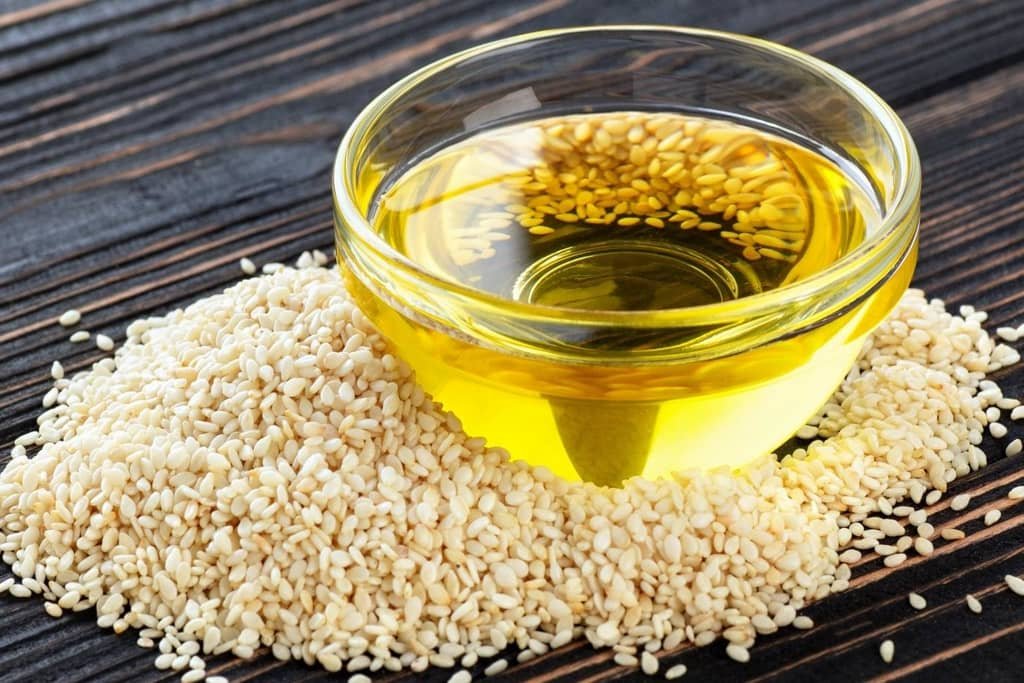An exploratory analysis of peptides in hair studies with emphasis on the growing relevance of peptides in hair care and possible future uses.
Dermatologists have shown respect and interest because, especially in hair research, peptides are known to be extremely promising compounds. Peptides are short chains of amino acids.
They are part of being played by microorganisms in various ways in various biological reactions. They are under study even now on the applications they can have for the health and growth of hair.
How peptides might be shaping follicles, shafts, and hair tone taken together and spurring the imaginably small but very positive consequences for the territory is explored by concentrating on different peptides here.
Understanding Peptides: The Building Blocks
All proteins are composed of 20 types of amino acids strung together by peptide bonds. These bonded units are usually expressed with a unique sequence and configuration to confer biological activities. This uniqueness of activities might influence processes in organisms.
When peptides attach themselves to hair, they can interact with cellular components in hair follicles, thus influencing growth, maintenance, and hair cycling regulation.
The Hair Follicle: A Complex Mini-Organ
Hair follicles are dynamic mini-organs housed in the skin and are responsible for developing hair. They exhibit various stages of cyclical growth (anagen), recession (catagen), and rest (telogen), finely orchestrated by many signaling pathways and cellular interactions.
Some of the studies have indicated that peptides could intervene at various levels in these processes and subsequently have an impact on hair development, follicular sustainability, and hair quality.
Also Read: How To Avoid Hair Fall with a Healthy Diet Plan
Signal Peptides and Hair: A Theoretical Perspective
Based on some theories, signaling peptides can act as messengers between cells and might be important players in hair biology. These peptides are capable of causing modification in the various growth factors, cytokines, and hormones present in the hair follicle microenvironment.
For instance, there has been the hypothesis that particular peptides, the formation of new blood vessels around hair follicles, may trigger angiogenesis. More blood supply means better nutrition and oxygen that can be delivered, thereby enhancing hair advances and sustenance.
One of these peptides that have been cited in skin and hair research is Copper Tripeptide-1 (GHK-Cu). The compound apparently undergoes some interaction with copper ions that can be assumed to drive the synthesis of extracellular matrix proteins such as collagen and elastin. Such actions of the peptides are expected to give strength to the hair follicle, with a resultant prolonged anagen phase allowing for long-life thick hairs.
Antimicrobial Peptides
Antimicrobial peptides, or AMPs, are found in the defense system of the organism. AMPs are studied to fight against pathogenic microbes and ensure a healthy scalp environment. The scalp forms a part of the skin, which, like others, has a great diversity of microbiomes.
An imbalance might create such conditions as seborrheic dermatitis or folliculitis both at the expense of hair health. The findings suggest that AMPs contribute toward balancing this fine equilibrium, thus possibly preventing excessive microbial overload that results in harmful inflammation.
In creating a healthy environmental state on the scalp, these peptides also make an indirect contribution to the proper function and resilience of the hair follicles. Interesting among AMPs is LL-37, derived from human cathelicidin antimicrobial peptide (CAMP) and now studies promising as an AMP to modulate immune responses and enhance wound healing, hence possibly accelerating the recovery from the injured hair follicle.
Also Read: 8 Amazing Foods You Should Eat Daily for Healthy Hair
Hair Peptides: A Speculative Examination
At present, the latest in the active ingredient, peptides, for hair bulbs is being investigated more from the perspective of hair growth as it moves up to Palmitoyl Pentapeptide-4 or Matrixyl. Last time, though, attention was given instead to Palmitoyl Pentapeptide-5, dubbed Matrixyl-3000 by clients.
Originally to stimulate the production of collagen in the skin, it would target hair follicles by increasing the promotion and final production of extracellular matrices, making doubly firm follicle anchorage and shaft integrity possible.
Another peptide currently under study is the acetyl tetrapeptide-3 or caprooyl tetrapeptide-3 but too little is known until present about its action. This peptide is multifaceted in the actions it could have on hair follicles, perhaps by affecting dermal papilla cells, which are crucial in hair cycling and formation.
Initial evidence suggests that acetyl tetrapeptide-3 could increase the proliferation of the said cells and strengthen the extracellular matrix around the hair root, potentially resulting in fewer and thicker hairs.
Peptides and Hair Shaft: A Speculative Outlook
In other words, there are the strongest indications that Buy peptides could enhance hair quality, bettering its shaft at strength, elasticity, and shine levels. Peptides can enhance hair shaft quality, with deep sequencing representing the outcome of highly organized mechanisms for keratin protein assembly and the development of the hair cuticle, cortex, and medulla.
Peptides influencing these processes could theoretically improve hair shaft properties. One such group is Keratin-derived Peptides, fragments of keratin proteins that could lead to incorporation within the hair shaft. It is reasonable to assume that these peptides may best “heal” the hair because they probably could fill up the holes in the hair cuticle, reduce porosity, and increase resistance to environmental damage.
Also Read: Why You Should Switch To Natural Herbal Shampoo From Cosmetic Shampoo
Conclusion
Like any other area of science, peptides have a very promising future in the field of hair. It affects both hair follicles and scalp health as well as hair shaft quality. The scientific community is still exploring the mechanisms through which these molecules can have an action. Still, a deep stock of scientific literary works points to a very broad range of activities.
- Why is Laser Hair Treatment More Popular?
- Best Shampoos for Damaged Dry Hair
- Laser Hair Treatments Are Versatile and Safe
For the Latest Healthcare Updates and information about how to accelerate your hair growth, visit Ebuzz Spider and Follow Us on Facebook.




















